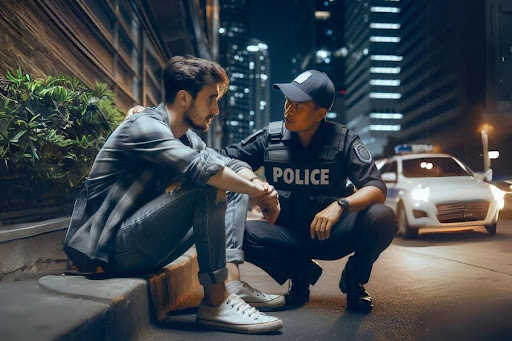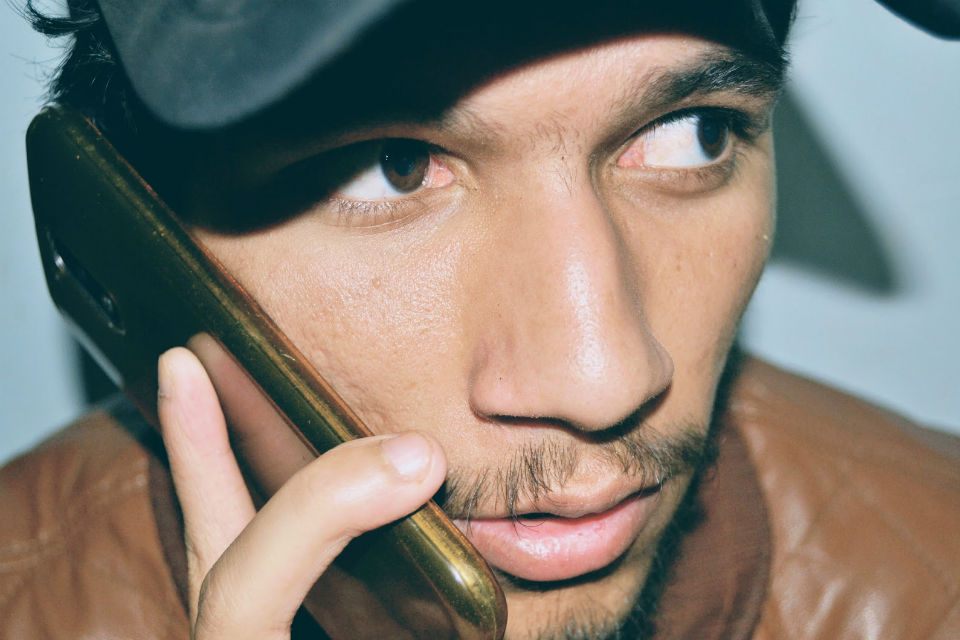
Can I Be Charged with Assault if it Was Self-Defense?
As a criminal defense attorney serving the Columbus area, I’ve had countless clients ask me a burning question: “Can I be charged with assault if it was self-defense?”
It’s a valid concern, and today, I’m diving into the legal nitty-gritty to give you the lowdown on how self-defense plays out in Ohio’s legal landscape.
What Exactly is Self-Defense?
Imagine you’re in a situation where your safety, or that of someone else, is under threat. It’s your legal right to protect yourself from harm when faced with imminent danger or the threat of it. But—and this is crucial—your response must be reasonable and proportional to the threat at hand.
Ohio’s Stand Your Ground Law: Standing Firm on Your Rights
Ohio doesn’t mess around when it comes to self-defense. We’re a “stand your ground” state, meaning you don’t have to beat a hasty retreat before defending yourself if you’re somewhere you have a right to be. If you reasonably believe your life or bodily integrity is in jeopardy, you’re within your rights to stand your ground and defend yourself.
The Castle Doctrine: Your Home, Your Sanctuary
Ever heard of the phrase “my home is my castle”? Well, in Ohio, it’s more than just a saying—it’s the law. The Castle Doctrine extends your right to self-defense to your home, vehicle, or occupied vehicle. If someone’s unlawfully barging into your sanctuary, you’re entitled to use force—yes, even deadly force—to keep yourself and others safe.
Talk to Nathan Akamine for FREE
If you or a loved one is facing charges, don't wait to call.
But What About Assault Charges?
Here’s where it gets tricky. While Ohio recognizes your right to defend yourself, there’s a fine line between self-defense and assault. Your response must fit the threat. If it goes beyond what’s considered reasonable or proportional, you might find yourself facing assault charges—even if you were just trying to protect yourself.
Why Reasonableness Matters
In the eyes of the law, reasonableness is key. If you claim self-defense, you’ve got to show that your actions were justified given the circumstances. This means gathering evidence, painting the full picture of what went down, and demonstrating that you acted in self-defense to the best of your ability.
Seeking Legal Backup
Facing assault charges is no joke, especially when you were only trying to defend yourself. That’s why it’s crucial to have a savvy criminal defense attorney in your corner. We’ll sift through the details, gather evidence, and craft a defense that stands strong in the face of legal scrutiny.
Know Your Rights, Protect Your Future
Remember, while Ohio law has your back when it comes to self-defense, crossing that line into excessive force can land you in hot water. Understanding the ins and outs of self-defense laws and having a legal ace up your sleeve are your best bets for safeguarding your rights and navigating assault charges.
If you’re staring down assault charges or have questions about self-defense laws in Ohio, don’t hesitate to reach out. I’m here to lend an ear, offer guidance, and fight tooth and nail for your rights. Your future is worth defending, and we’re here to help you do just that.





